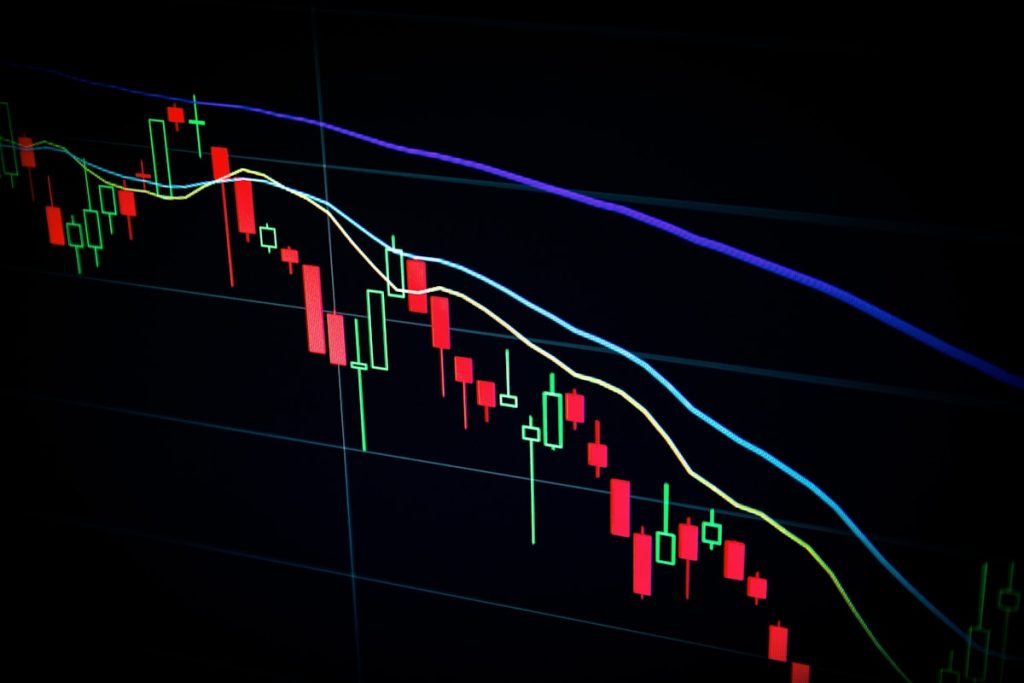Asian Shares Rally After China‑US Talks End Without a Trade Deal
Market snapshot
On Friday, equity markets across East Asia closed broadly higher despite the fact that the latest round of high‑level China‑United States talks concluded without a definitive trade agreement. The MSCI Asia‑Pacific ex‑Japan index rose 0.8 %, while the Hang Seng, Nikkei 225 and KOSPI each added between 0.5 % and 1.2 %.
Currency markets reflected a similar mood: the yuan stabilized around 7.20 per dollar, and the Japanese yen recovered modestly to 147 per dollar after a week of weakness.
Sector performance
Technology and consumer discretionary stocks led the gains. Taiwan’s semiconductor giants, led by TSMC, jumped 1.4 % on the back of renewed optimism about export demand. In mainland China, internet‑related firms such as Alibaba and Meituan rose 1.1 % and 0.9 % respectively, buoyed by expectations that policy‑related risks may ease.
Defensive sectors lagged. Real‑estate stocks, still reeling from China’s property‑sector stress, posted modest losses (e.g., China Vanke down 0.6 %). Meanwhile, energy stocks were flat as oil prices hovered around $82 per barrel.
Why the rally?
Analysts point to three main factors:
- Reduced uncertainty. Even without a deal, the fact that both sides maintained a dialogue lowered the probability of sudden tariff escalations.
- Policy‑window optimism. Investors expect that the next round of talks will focus on “non‑tariff” issues such as technology standards, intellectual‑property protections and supply‑chain resilience, which could create new growth niches.
- Technical bounce. Many Asian indices were oversold after weeks of volatility, triggering short‑covering and algorithmic buying at key support levels.
Technical outlook
From a chart‑technical perspective, the MSCI Asia‑Pacific ex‑Japan index broke above its 20‑day moving average (≈1,310) and is now testing the 50‑day trend line near 1,340. Momentum indicators, such as the Relative Strength Index (RSI), have risen from the 30‑level “oversold” zone to around 45, suggesting room for further upside before hitting overbought territory.
Investor sentiment and positioning
Fund flow data from Bloomberg shows net inflows of $2.3 billion into Asian equity ETFs over the past week, dominated by foreign institutional investors. Domestic Chinese funds have also re‑allocated capital from cash to equities, reflecting a belief that the market’s worst‑case scenario—an abrupt trade war—has receded.
Risks on the horizon
Despite the upbeat tone, several risks remain:
- Geopolitical flashpoints in the South China Sea or Taiwan Strait could reignite market nerves.
- Continued weakness in the US dollar might pressure emerging‑market capital flows.
- Domestic policy tightening in China, especially regarding fintech and data security, could curtail growth in high‑margin tech firms.
Looking ahead
Most market participants expect the next China‑US dialogue to occur in early Q4 2024, with a focus on “blue‑sky” cooperation rather than tariff reductions. If that narrative holds, Asian equities could remain on an upward trajectory, especially if global risk appetite improves amid easing inflation pressures.
For investors, the current environment offers a potential entry point into quality growth stocks, provided they maintain disciplined risk management and monitor geopolitical developments closely.



